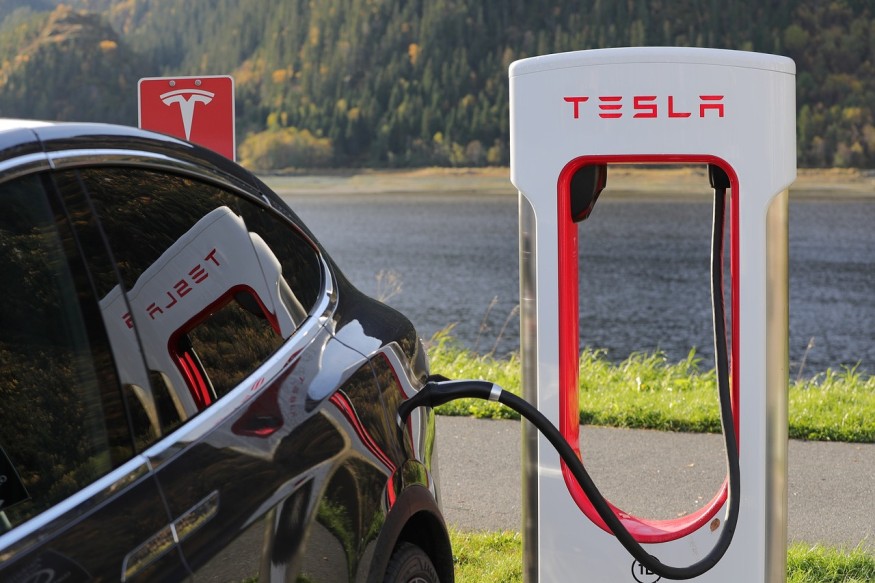
Tesla has partnered with SailGP to achieve the sport's shift from being diesel-fueled towards being powered by solar energy and battery storage.
SailGP is a global catamaran racing championship. SailGP has partnered and collaborated with Tesla for over eight months to engineer an off-grid clean energy solution. The result was a fully portable, mobile recharging container to recharge the batteries in the F50 racing catamaran competition. The recharging box is equipped with four 13.5kWh Powerwalls and 15kW of solar PV, and it can be used to power electronics, communication systems, and hydrofoils.
Early this year, the recharging battery container was successfully installed and tested in Sydney, Australia. This mobile, off-grid solar and Tesla Powerwall system will power the revolutionary catamaran racing boats.
In the previous season, the F50 racing boats used diesel generators to recharge the batteries for its catamarans before the racing competition at their Sydney facility.
This partnership between Tesla and SailGP has transformed the charging process by using clean power through an energy storage system with a solar power system on the roof and Powerwall within a container. Their off-grid energy storage system uses four 13.5kW Tesla Powerwalls and a 15kW solar photovoltaic system.
Josef Tadich, senior manager of engineering at Tesla in Australia, has expressed that the SailGP's use of the Powerwall is an excellent application of the system. According to Tadich, grid-forming battery inverters as replacement of traditional gensets provides a unique opportunity to eliminate the need for maintenance or operations of gensets, reduce noise and emissions, and eradicate the need for diesel shipment towards remote locations.
According to the SailGP's press release, the new clean solution is portable, easy to assemble, and quick to dismantle. Unlike in the past, when renewable power was lengthy, and installation was costly, this project is mobile, and transporting from one event to another is simpler.
SailGP's goal is to reach carbon neutrality in five years. The test done in Sydney proves that Powerwall and solar power solutions can be applied to all future F50 catamaran racing competitions and seasons. SailGP has expressed that they want to partner with sustainable companies, and in the same manner, Tesla also wants to partner with organizations that also aim for sustainability.
The focus of SailGP is to go beyond best practices, inspire communities, and drive disruptive innovations across the industry and within the sport. Sustainability is also deeply embedded within the organization. According to SailGP CEO Russell Coutts, the F50 catamaran racing is a sport powered by nature. This is the reason why it is imperative to take aggressive climate action. To do this, the company wants to lead by example in reaching carbon neutrality by 2025.
In June 2019, SailGP was the first league as a central organization to sign the UN Sport for Climate Action and get all its teams to commit. It is also the first event to sign the World Sailing Special Event Sustainability Charter. They have transitioned to low-carbon solutions due to the urgent need to reduce carbon emissions.
Season 2 was scheduled in February this year but has been postponed until 2021.
© 2025 NatureWorldNews.com All rights reserved. Do not reproduce without permission.





